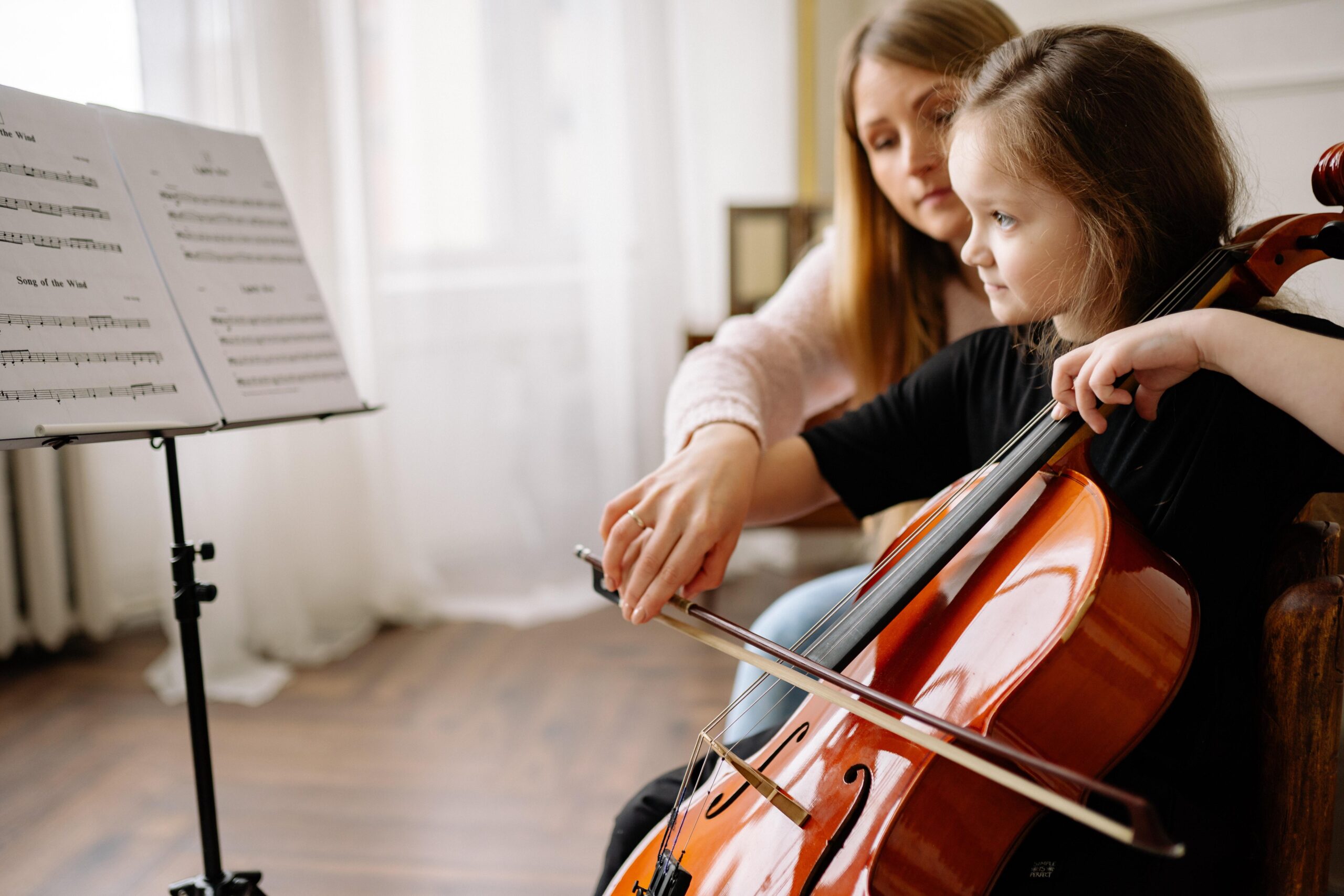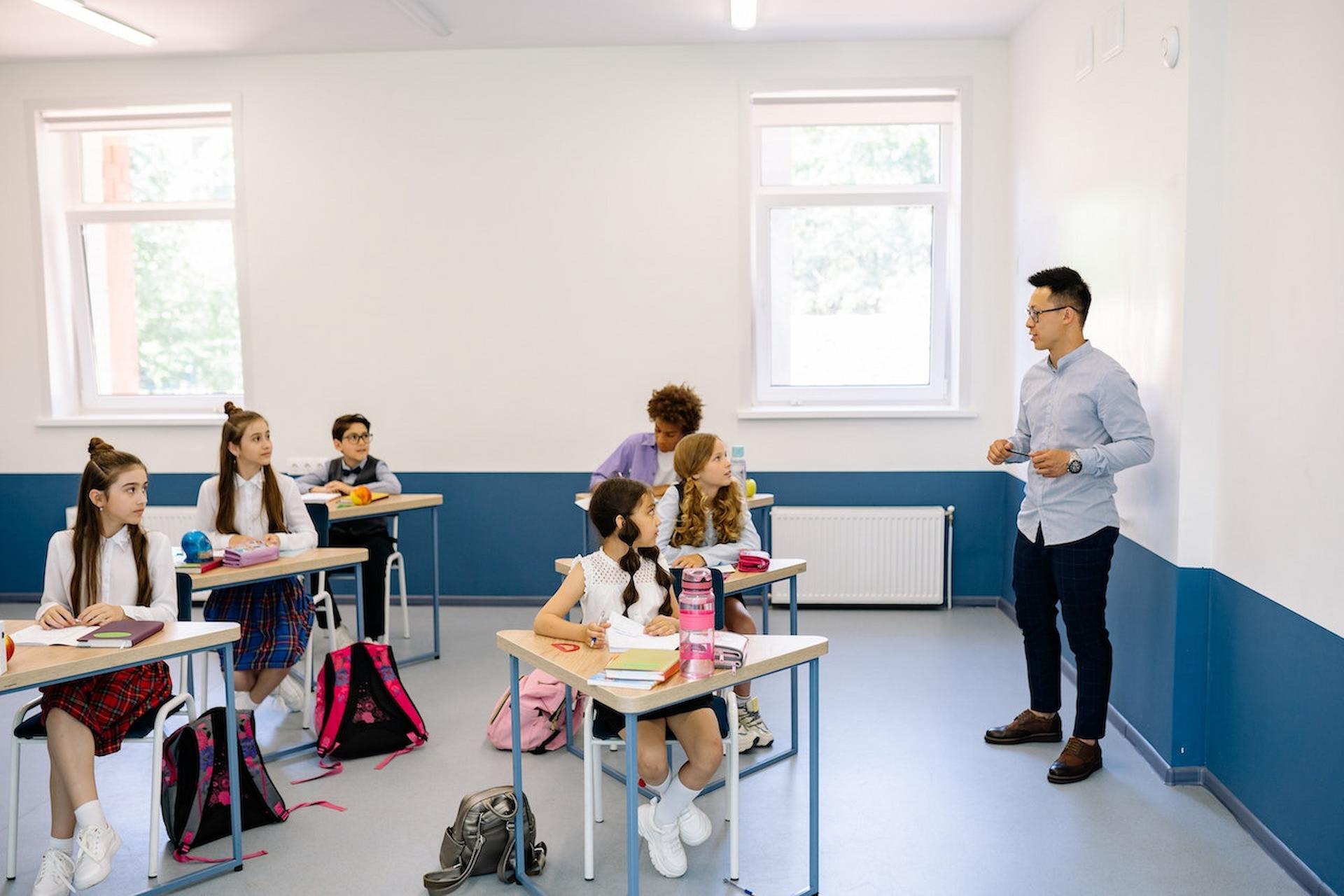Consistent exposure to music, like taking voice lesions or learning to play a musical instrument, helps strengthen a specific set of social-emotional and academic skills that are vital to learning. Learning music can have a huge influence on academic performance, in ways that are unmatched by other pursuits, like athletics. As Hind Louali points out, learning music can be of a huge help in improving memory and attention, build and improve reading abilities, and ultimately reinforcing language skills, as per certain research on the cognitive neuroscience of music.
Hind Louali talks about how music can help in improving learning
The stress levels of the students are likely to run high in the middle of a busy semester. Studying the class notes while soft music plays in the background can help manage this stress. Listening to music is known to be a good way to process emotions and strengthen resolve.
The key to gaining a good understanding of the advantages of music lies in knowing how the brain processes sound, which is the raw material of music, language and, counter intuitively, learning to read. The sounds that come in through the ears travel along an “auditory pathway”, which is “auditory pathway and deeply connected to the parts of the brain responsible for determining how humans move, think and speak. While most people think of the “hearing brain” as being a silo within the brain, in reality, hearing engages with the motor, sensory, and cognitive systems of individuals. The manner in which music engages these diverse systems in a single activity makes the process of music learning truly powerful.
For instance, to play the violin, one would need their sensory, cognitive and motor systems to be able to put their fingers on the correct strings and move the bow at the right time. These systems will also be needed to read musical notes on a sheet and acknowledge what they represent, as well as hear if the rhythms and pitches are coordinating with other player. Moreover, how the sound of music makes a person feels is also important, as it is likely to light up the brain’s reward system. Engaging all these distinctive systems makes learning how to play music among the deepest brain activities performed by humans. According to Hind Louali, young musicians tend to have greater language and reading skills in comparison to non-musicians as their brains have spent more time actively “engaging with sound.”
As per research, the capability to keep a steady beat and anticipate the next beat can be reliable indicators that a child is ready to learn to read. Learning to read music, which involves decoding musical notation and connecting it to sounds, essentially activates the same “phonological loop” in the brain as when kids learn to read words. Hence, learning music at a young age can help deepen sound-word connections for a child. Processing sound tends to strengthen the same areas of the brain that are responsible for language learning, and hence many consider music and reading to be complementary learning activities. Music can function as a beneficial tool for improving language learning.





